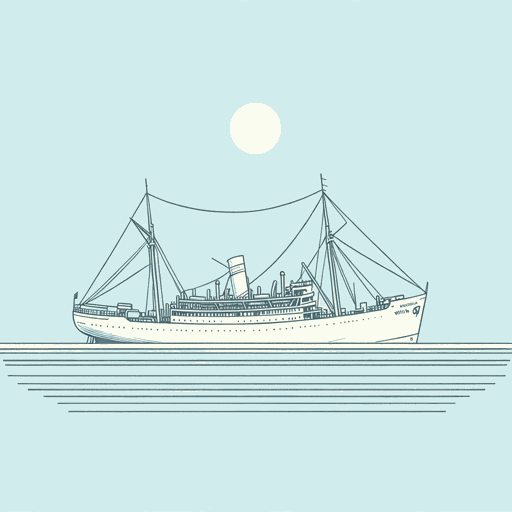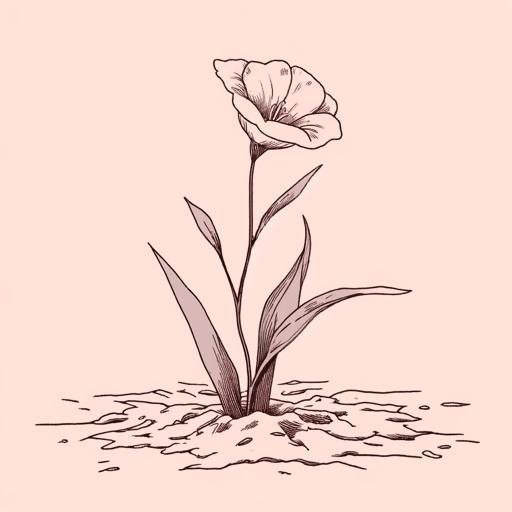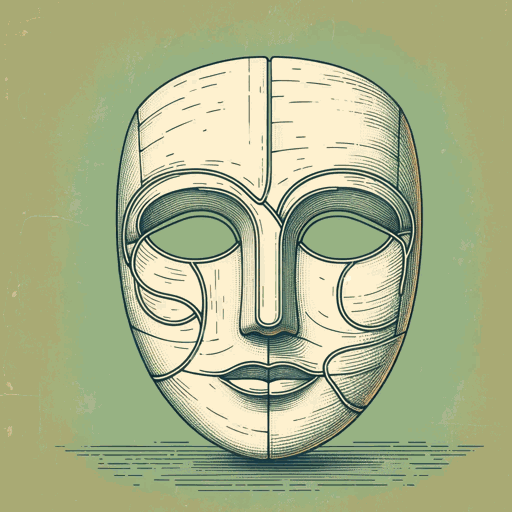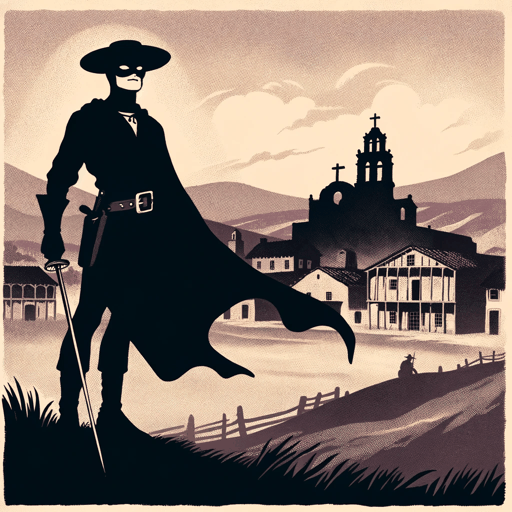99 pages • 3 hours read
Isabel AllendeThe House of the Spirits
Fiction | Novel | Adult | Published in 1982A modern alternative to SparkNotes and CliffsNotes, SuperSummary offers high-quality Study Guides with detailed chapter summaries and analysis of major themes, characters, and more. For select classroom titles, we also provide Teaching Guides with discussion and quiz questions to prompt student engagement.
Summary and Study Guide
Overview
The House of the Spirits (1982) is Chilean writer Isabel Allende’s debut novel. The family saga follows the journey of the Trueba family across three generations. Set in an unnamed Latin American country (widely believed to be Chile), the family’s journey is interwoven with the sociopolitical history of their nation and the events that unfold over the span of half a century.
Isabel Allende is one of the world’s most widely read Spanish-language authors. First published in Spanish as La casa de los espíritus, her debut novel became an instant best seller and brought Allende a great deal of literary acclaim and attention; the book was also adapted into a feature film in 1993. Since her debut, Allende has penned more than 25 best-selling and critically acclaimed books, and her writings have been translated into more than 42 languages. Allende’s novels usually blend historical events with fiction, focusing on women’s experiences and incorporating elements of magical realism. Her work has won her numerous awards, including Chile’s National Literature Prize in 2010 and the Presidential Medal of Freedom presented to her by Barack Obama in 2015.
The House of the Spirits features two narrators: Alba, who narrates the story in retrospect from a third-person omniscient perspective, and Esteban, who narrates parts of the story in the first person. Themes such as politics and ideology, the interconnectedness of life, the power of narrative, and different forms of love are explored throughout the book. This guide is based on the 2015 Atria Books Kindle edition.
Content Warning: The book contains mentions and description of violence and sexual assault.
Plot Summary
The story begins with the del Valle family and their oldest and youngest daughters, Rosa and Clara. Rosa is engaged to a man named Esteban Trueba, who is away in the country’s north working in the mines. However, she passes away when she consumes some poisoned brandy that was meant for her father, Severo (presumably sent by one of his political enemies). Clara, who was born with clairvoyant abilities, predicted this accidental death. She later witnesses her sister’s autopsy, and the shock of this, combined with the prophecy coming true, stuns her into silence for the next nine years.
Following Rosa’s death, Esteban leaves the mines and takes over his family’s countryside hacienda, the Tres Marías. He becomes an extremely successful and feared patrón; he also begins to rape the young peasant women on his estate. This leads to him fathering a number of illegitimate children, including one born to the first of his victims, a woman named Pancha García. Esteban also frequents the company of a local sex worker, Tránsito Soto, who asks him for a loan of 50 pesos to follow her dream of traveling to the capital and becoming rich and famous. She promises to repay the loan someday.
Esteban returns to the city a decade later to see his dying mother. In order to fulfill her deathbed wish of continuing the Trueba line, Esteban visits the del Valles to enquire whether they have any more marriageable daughters. Clara predicted his arrival, having finally broken her silence a few months ago to announce that she would soon marry her sister’s fiancé. After marrying, Clara and Esteban move into a grand new house that Esteban builds for them. Clara soon becomes pregnant and gives birth to a daughter, Blanca.
When Blanca is a few years old, the family visits Tres Marías for the first time. Blanca meets and befriends Pedro Tercero García, the son of Esteban’s foreman, Pedro Segundo García; the two children form an immediate connection. The family returns to the city when Clara becomes pregnant again, and she gives birth to twin boys, Jaime and Nicolás. The family spends their summers at the hacienda, and Blanca and Pedro Tercero’s friendship eventually develops into a deep and enduring love.
In Blanca’s adolescence, a massive earthquake devastates the hacienda and shatters every bone in Esteban’s body. The children are sent to boarding school while Clara stays behind to care for her husband; however, his increasing ill temper drives the couple apart. Having faked an illness, Blanca eventually comes back to Tres Marías and discovers that Esteban has banished Pedro Tercero from the hacienda for spreading socialist ideas among the peasants. The two begin to meet in secret and consummate their relationship.
A visiting French count, Jean de Satigny, discovers their affair and informs Esteban. An enraged Esteban whips Blanca violently and strikes Clara when she defends her daughter; Clara never speaks to him again, and mother and daughter depart for the city. Esteban hunts down Pedro Tercero but does not kill him, chopping off his fingers instead; he later regrets his violent urges.
When Blanca is discovered to be pregnant with Pedro Tercero’s child, Esteban forcibly marries her off to the French count. However, Blanca runs away from her marital home when she discovers the count’s erotic experiments with their servants. She returns home and gives birth to a daughter, Alba, whom Clara predicts will have a lucky and happy life and whom everyone in the family, especially Esteban, dotes on.
Esteban slowly becomes estranged from everyone in his family except Alba. He also actively enters politics, becoming a senator in the Conservative Party. Clara passes away peacefully when Alba is a young child, and her death leaves Esteban overwhelmed with grief. Alba grows up under the influence of her uncles, mother, and grandfather. Blanca reignites her affair with Pedro Tercero, who is now a revolutionary songwriter. Esteban eventually ships Nicolás abroad for his eccentric dabbling in spiritualism. Alba grows up and attends university, where she meets and falls in love with Miguel—the younger brother of Nicolás’s girlfriend. Alba supports Miguel’s revolutionary activities out of love for him, and she celebrates with him when the Socialists come to power.
Esteban and his fellow party members organize a military coup to topple the new government; however, after the coup succeeds, the army refuses to relinquish control. Jaime is caught in the chaos and killed by some power-hungry soldiers. Esteban comes to see the fault of his ways and eventually helps Blanca and Pedro Tercero flee the country; the couple settles down in Canada, finally happy and at peace.
Alba is arrested for her ties to Miguel, who has joined the guerrillas. Colonel Esteban García, the grandson of Esteban by Pancha García, rapes and tortures her. García and Alba met before at Tres Marías, where García molested Alba as a child. He now vents his hatred of the Truebas upon Alba. Clara’s spirit visits Alba, urging her to stay alive and write.
Esteban goes to Tránsito Soto, who is now a rich and well-connected owner of a hotel in the city. She repays her debt to Esteban by finding and returning Alba to him. Alba is now pregnant, though she does not know if the child is Miguel’s or a product of rape. However, Alba chooses to let go of her hatred, hoping to break the cycle of hatred and vengeance. Alba and Esteban pen their family’s story together, after which Esteban passes away peacefully. Alba embraces the ambiguity surrounding her child’s parentage and waits for Miguel and the birth of her child.
Related Titles
By Isabel Allende

A Long Petal of the Sea
Isabel Allende

And of Clay Are We Created
Isabel Allende

City of the Beasts
Isabel Allende

Daughter Of Fortune
Isabel Allende

Eva Luna
Isabel Allende, Transl. Margaret Sayers Peden

In the Midst of Winter
Isabel Allende

Island Beneath the Sea
Isabel Allende

Maya's Notebook: A Novel
Isabel Allende

Of Love and Shadows
Isabel Allende

Paula
Isabel Allende

Portrait in Sepia
Isabel Allende

Ripper
Isabel Allende

The Japanese Lover
Isabel Allende

The Stories of Eva Luna
Isabel Allende

The Wind Knows My Name
Isabel Allende

Two Words
Isabel Allende

Violeta
Isabel Allende

Zorro
Isabel Allende

